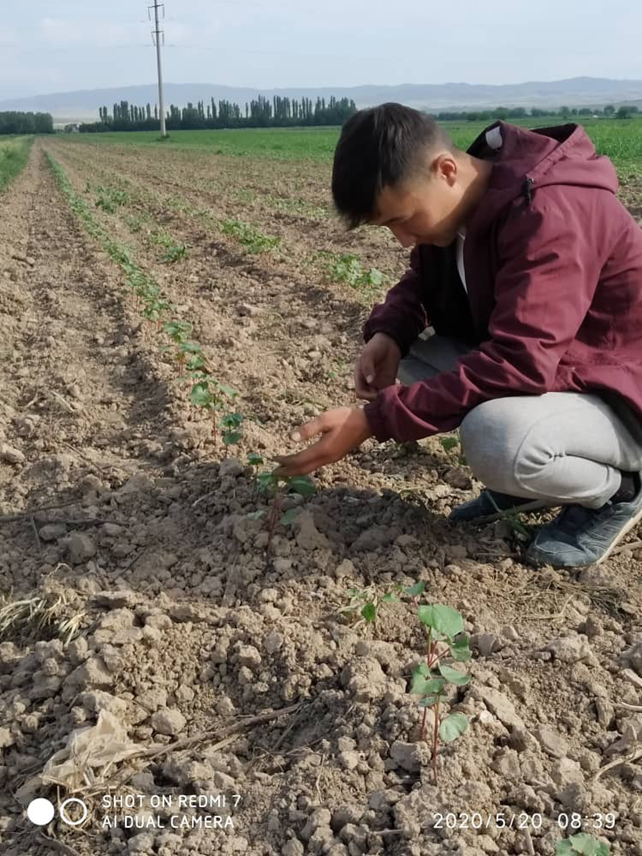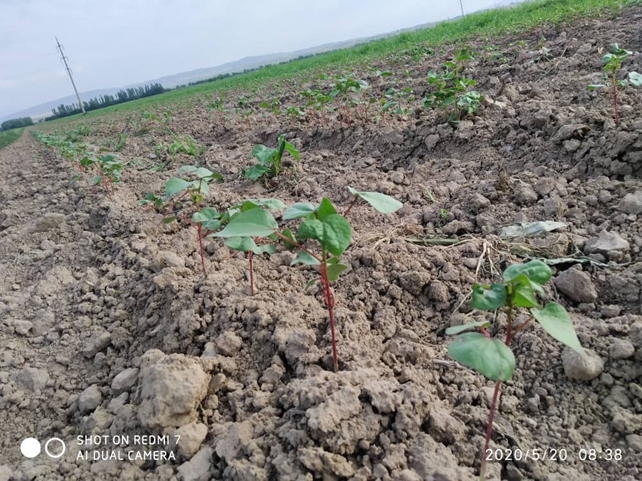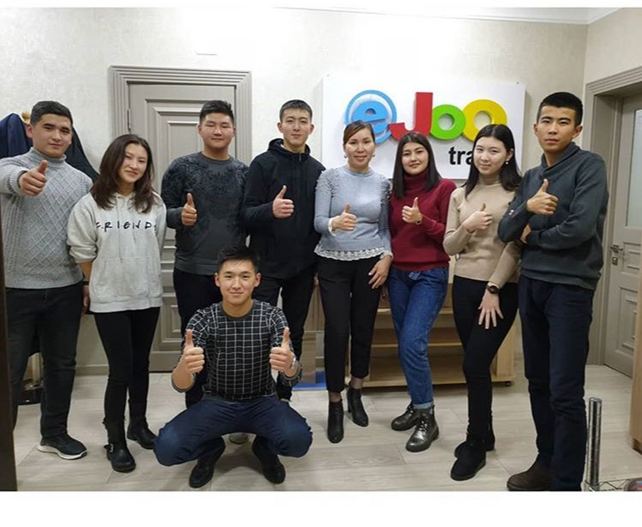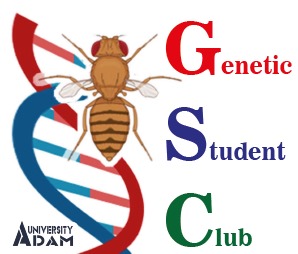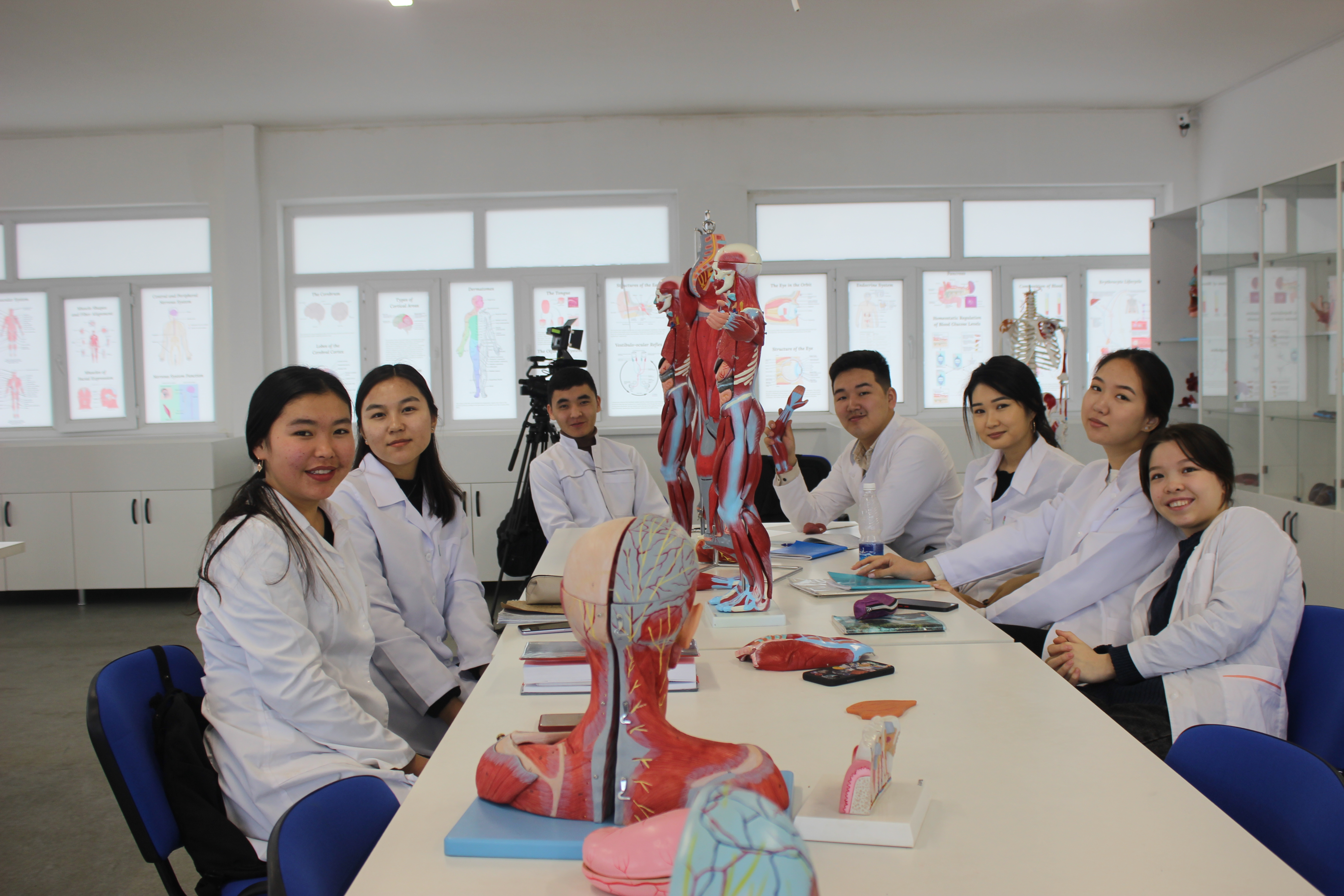Since March 2022, a scientific club has started working at Adam University.
Within the framework of the scientific club, medical students carry out interdisciplinary scientific research in such areas as:
Assessment of the biotoxicity of the various environments using a number of types of bioindicators (drosophila (D. melanogaster), Onion (Allium cepa), Duckweed (Lemna minor), radish (Raphanus sativus), watercress (Lepidium sativum), etc.). Also, the club is engaged in the practical staging of experiments on classical Mendelian genetics using pure drosophila lines (wild form and pure lines e, vg, w, Bar) and the study of the impact of environmental quality on public health.
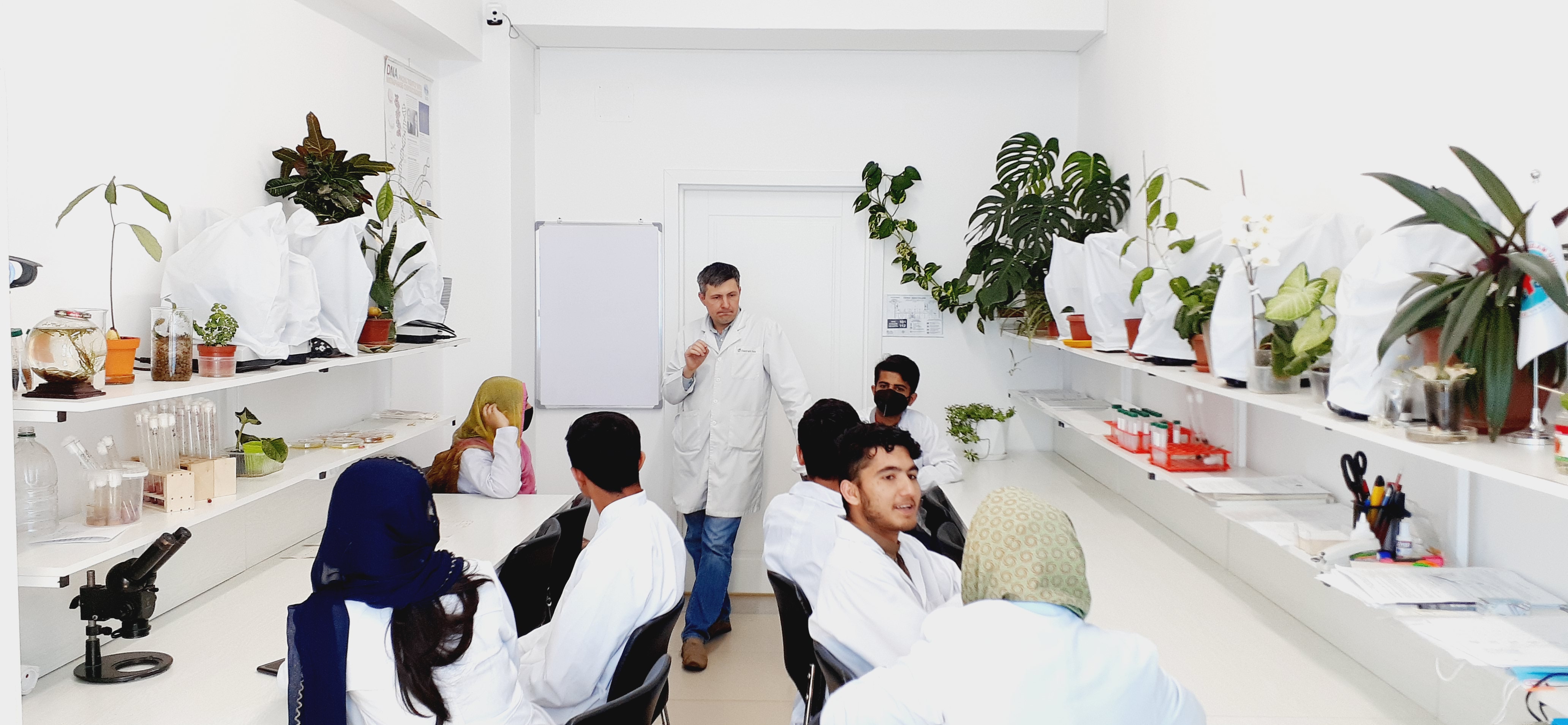
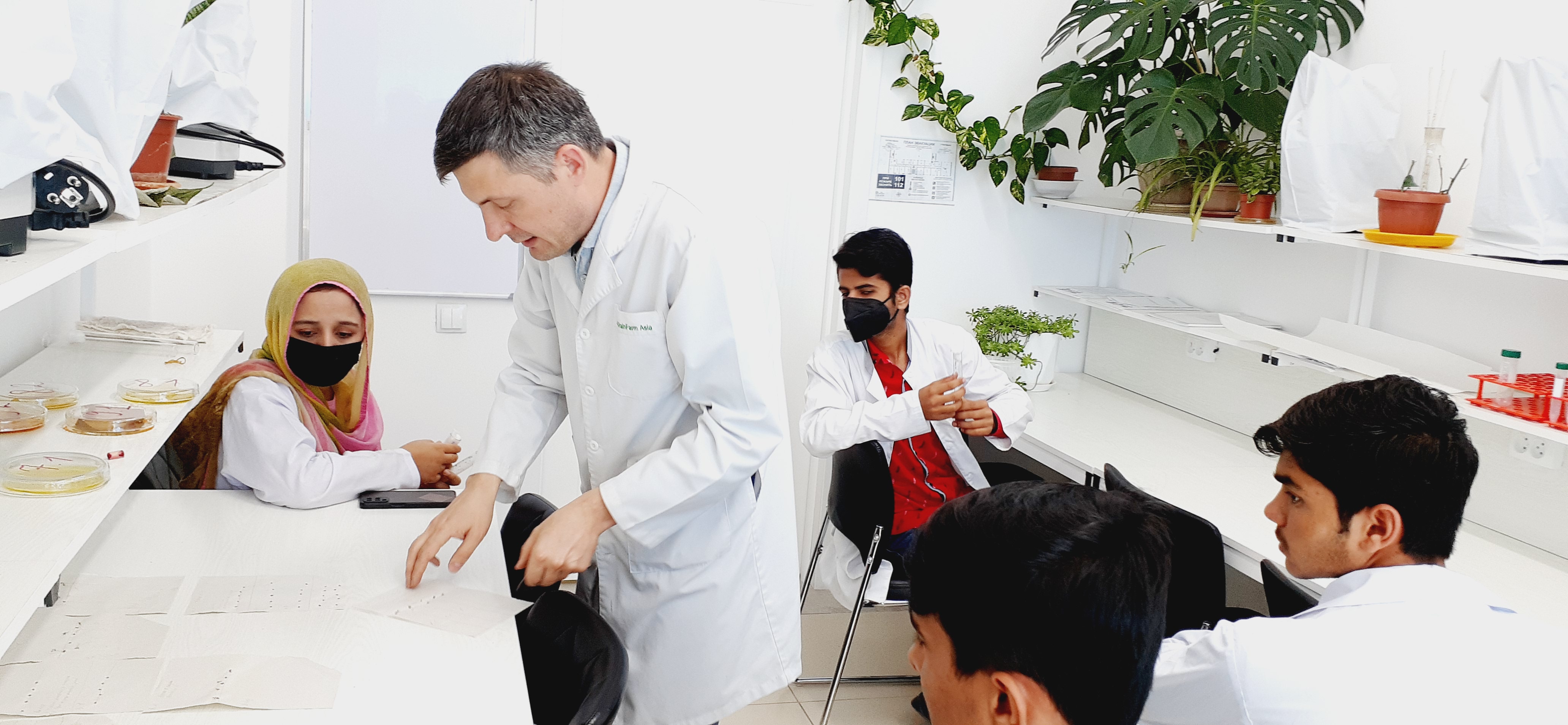
The Enactus AUBAFE team is a youth student community that helps vulnerable segments of the population by creating and developing successful business cases and social projects!
Mission - "We are a student organization that uses an entrepreneurial approach to improve people's lives!"

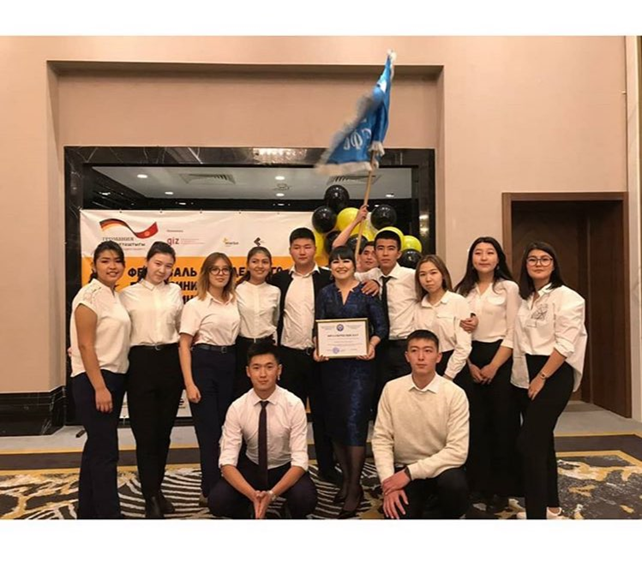
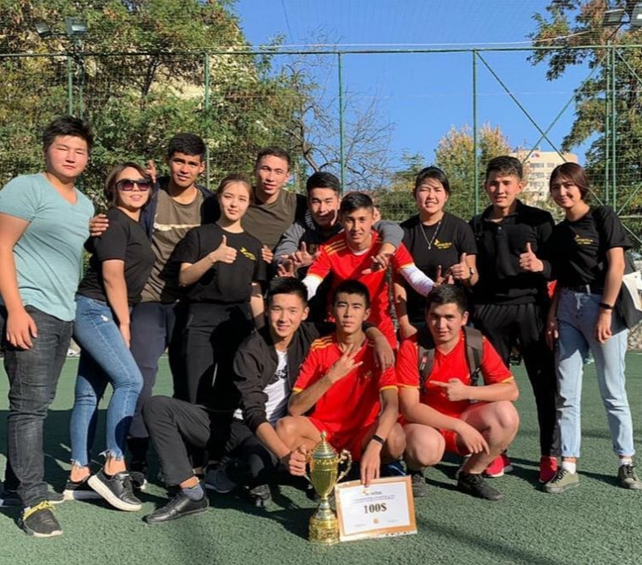
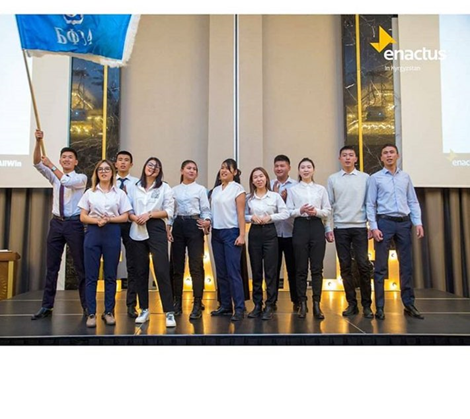
Team Members:
- Academic adviser - Khalikova Aida Akramovna
- Business adviser - Natalia Sergeevna, Peter Ten
- Captain - Dusali Kyzy Aigul
- Deputy captain - Muratbekov Ulanbek
- Samsalieva Sezim - Coordinator of the project “Proper nutrition”
- Yesepdzhanova Elnura - Coordinator of the project “Proper nutrition”
- Luiza Kubanychbekova - Head of PR Department
- Rustambekov Kalybek - Head of IT Department
- Zhamangul kyzy Tursunai - Coordinator of the "Cotton" Project
- Salamat uulu Nurzhigit - Speaker
- Salmorbekova Altynai - Head of the Finance Department
- Aisambetova Meerim - Head of the Research Department
- Diana Turdumamatova - Speaker
- Temirlan Adbdurasulov - Coordinator of the "Clean Sheet" Project
Projects:
Project: "Proper nutrition"
Healthy food - a healthy future
Relevance.
From the earliest childhood, the child develops taste preferences and habits. The family plays an important role in their formation. It is important to form a correct idea of healthy nutrition in children, to promote an understanding that healthy nutrition should be an integral part of everyday life at a young age.
The aim of the project is to promote healthy eating
Project objectives:
Analyze the literature on healthy and unhealthy food products.
- To form children's interest and willingness to comply with the rules of rational and healthy nutrition through extracurricular activities. (i.e. training)
- To prepare information materials on the principles of healthy nutrition.
- As part of this project, the team signed an agreement with 42 schools in all regions.
- Training was conducted with 62, 48 secondary schools and with suburban schools
- A survey was conducted among elementary school students.
The implementation of the project will allow students:
- navigate the range of food products, consciously choose the most useful;
- evaluate your diet and diet from the point of view of compliance with the requirements of a healthy lifestyle;
- improve your health;
- to gain knowledge and skills related to etiquette in the field of nutrition, which to a certain extent will affect the success of their social adaptation, establishing contacts with other people.
The Healthy Food Healthy Future project meets the following goals of the UN SDGs:
- 3 goal - Good health and well-being
- 12 goal - Responsible consumption and production
- 17 goal - Partnership for Sustainable Development.
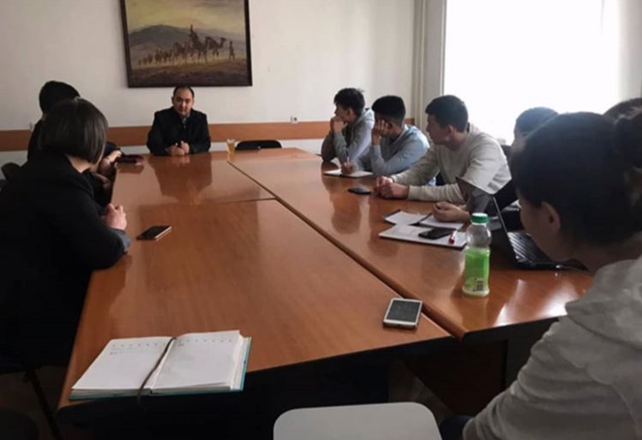
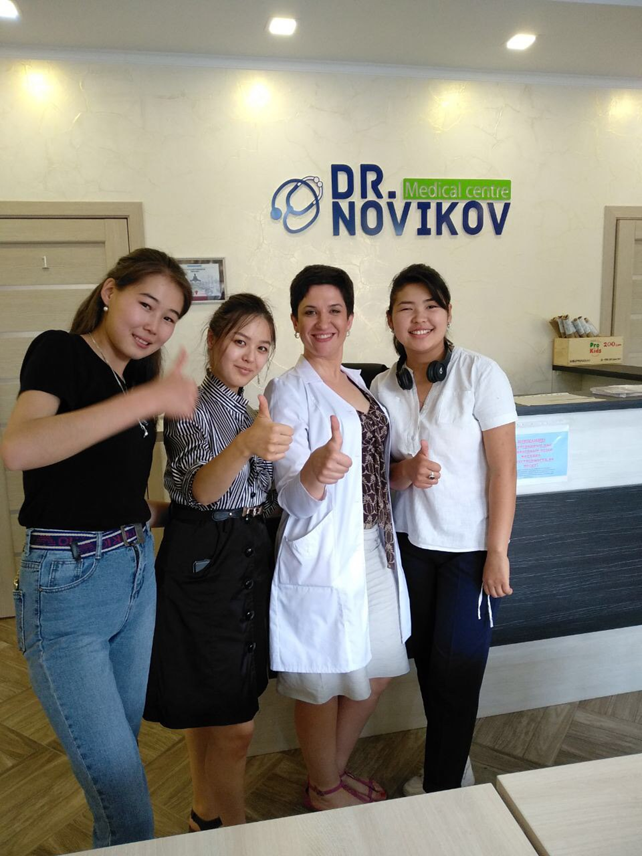
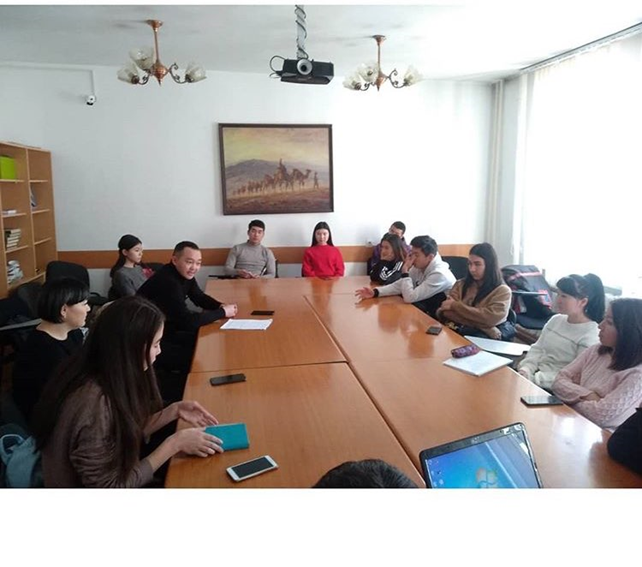
The Cotton 2019 Project
This is a social project that solves problems in the cotton industry by training, monitoring, and establishing cotton sales at optimal prices. Financial literacy training for farmers, cotton planting, marketing. Taking into account the state of the soil, the planting of cotton, watermelon, and alfalfa alternates.
In 2018, the Enactus team launched a pilot project Cotton 20_19, which was created after conducting research. As a result of which the following problems were identified:
- In 2008-9, after the collapse of cooperatives, land plots were divided between farmers, who in turn sowed no longer according to a "single" plan, which led to a decrease in volumes.
- Due to low volumes, the cotton processing plant was closed, which contributed to an increase in unemployment and migration.
- The price of raw cotton dropped sharply, which led to the monopolization of the local market.
- Farmers did not know about the existence of a cotton exchange, nor did they know how to build an effective business model.
- Deterioration of the ecological state of the soil is caused by the cultivation of watermelons with a large amount of polyethylene, which practically does not decompose.
After analyzing all the data obtained, and the subsequent study of the cotton industry as a whole, our team developed a project that solves all these problems in a systematic way.
Exactly:
- Generating income for farmers
- Creating new jobs
- And solving the problem of soil depletion.
- The project was launched in the village of Uch-Korgon, Jalal-Abad region.
- 54 directly involved beneficiaries were trained in financial literacy and, together with a specialist in the agricultural sector, learned new technologies for growing cotton, alfalfa, and watermelon. And more than 300 (three hundred) indirectly involved beneficiaries.
- The total area of land sown with cotton and alfalfa is 102.8 hectares. Of these, 62 hectares of Cotton and 40.8 hectares of Alfalfa.
The Cotton 20_19 project complies with the following UN SDGs:
- 8 goal - Decent work and economic growth
- 9 goal - Industrialization, innovation, and infrastructure
- 12 goal - Responsible consumption and production
